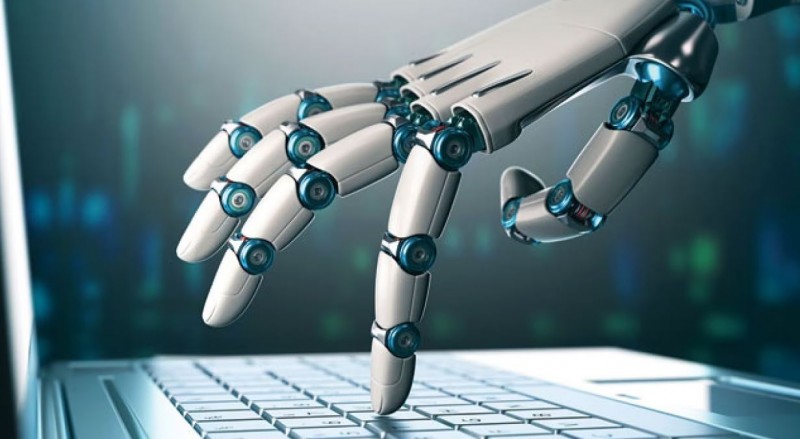
Automation has become a significant force reshaping the workforce and the nature of work itself. As technology continues to advance at a rapid pace, it brings both challenges and opportunities for workers in various industries. In this article, we will explore the future of work and discuss how individuals can navigate the changing landscape of automation.
Understanding Automation in the Workplace
Automation refers to the use of technology to perform tasks or processes that were previously done by humans. It involves the deployment of machines, artificial intelligence, and software algorithms to streamline operations and increase efficiency. There are different types of automation, ranging from simple repetitive tasks to more complex cognitive tasks.
The Impact of Automation on Jobs
The rise of automation has raised concerns about job displacement and the potential loss of employment opportunities. While some jobs may indeed be eliminated, it is important to recognize that automation also brings forth new possibilities. Instead of focusing solely on job displacement, we should consider the concept of job transformation.
Jobs that are repetitive and rule-based are more likely to be automated, but automation also creates a demand for new roles that require human skills such as creativity, critical thinking, and emotional intelligence. As certain tasks become automated, workers can shift their focus towards more value-added activities that machines are unable to perform.
Embracing Automation: Opportunities for Workers
Instead of fearing automation, workers can embrace it as an opportunity for growth and development. One key approach is upskilling and reskilling. By acquiring new skills and adapting to technological advancements, individuals can position themselves for emerging job roles and industries. Lifelong learning and continuous skill upgrading will be crucial to staying relevant in the automated workforce.
Furthermore, automation opens doors for workers to engage in creative and complex problem-solving. As machines handle routine tasks, humans can leverage their cognitive abilities to tackle challenges that require innovation, adaptability, and strategic thinking. This shift allows individuals to harness their unique human qualities and bring value to organizations.
Challenges of Automation
While automation presents numerous advantages, it also poses challenges that need to be addressed. One major concern is economic inequality. Automation can exacerbate existing disparities, with certain workers and communities being disproportionately affected by job losses. To mitigate this issue, policymakers, businesses, and educational institutions must collaborate to create inclusive strategies that ensure a just transition for all workers.
Ethical considerations are another aspect that needs careful attention. As automation becomes more prevalent, decisions regarding privacy, data security, and algorithmic bias must be carefully evaluated and regulated. Striking the right balance between technological advancements and ethical practices is crucial to ensure a sustainable and responsible future of work.
Adapting to the Future of Work
To navigate the future of work successfully, individuals and organizations must be adaptable and embrace change. Flexibility is key in this dynamic landscape, and the ability to adapt to new technologies and work arrangements is vital. Remote work, enabled by automation and digital connectivity, offers flexibility and work-life balance to employees while enhancing productivity.
Collaboration between humans and machines will also play a significant role. The synergy of human creativity and problem-solving skills with the computational power of machines can lead to groundbreaking innovations. Building a harmonious relationship between humans and automation will drive progress and create new opportunities.
Conclusion
The future of work is intricately intertwined with automation. While it presents challenges, it also offers a realm of possibilities. By upskilling, embracing creativity, and adapting to change, workers can navigate the evolving landscape and thrive in the automated world. It is imperative that we approach automation with a thoughtful and inclusive mindset to ensure a future of work that benefits all.
The Art of Handwriting: Preserving a Dying Craft
Indian Government Policies and Reforms
Job Seekers Call for Bihar Teachers' Recruitment Form Filing Deadline Extension